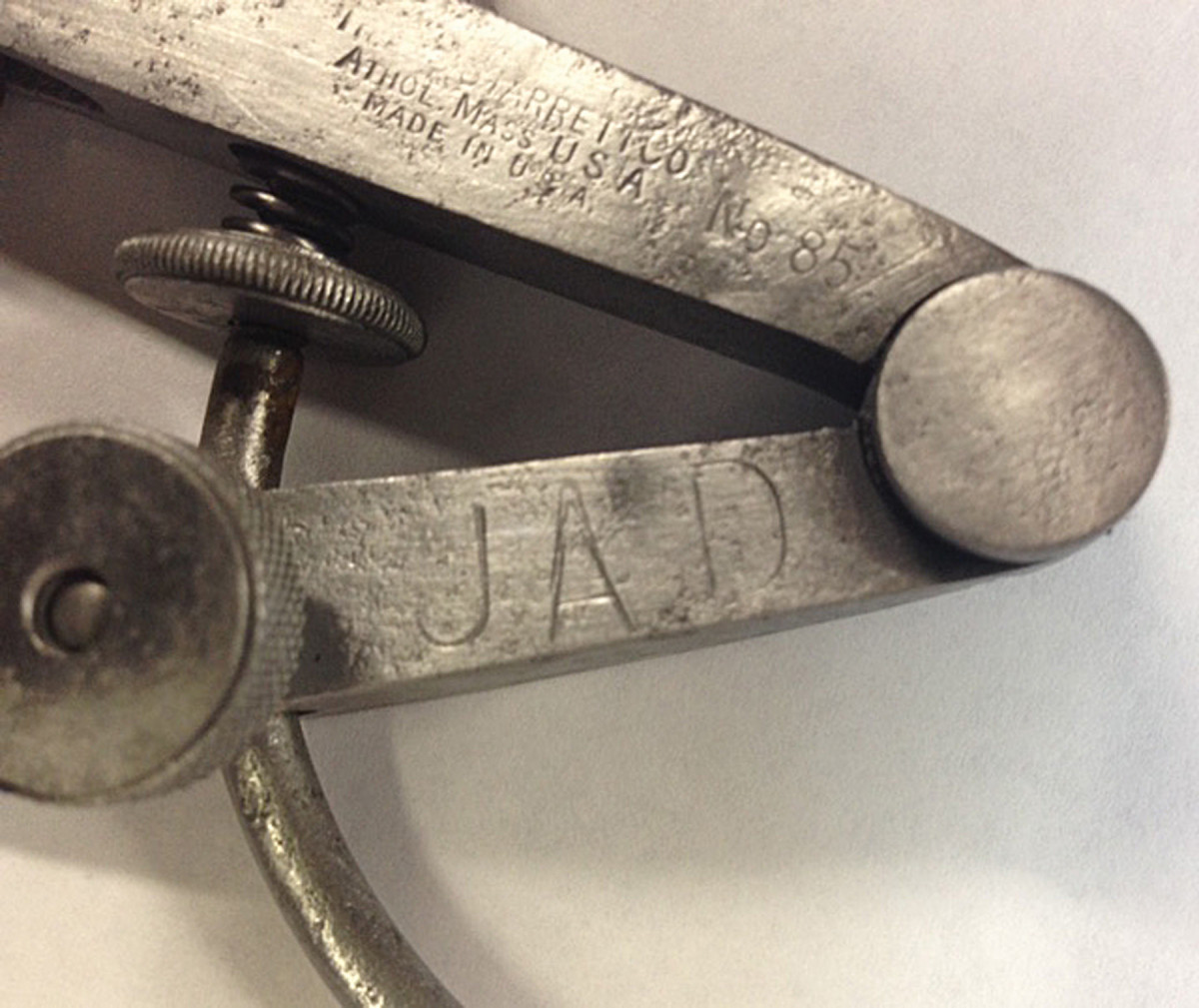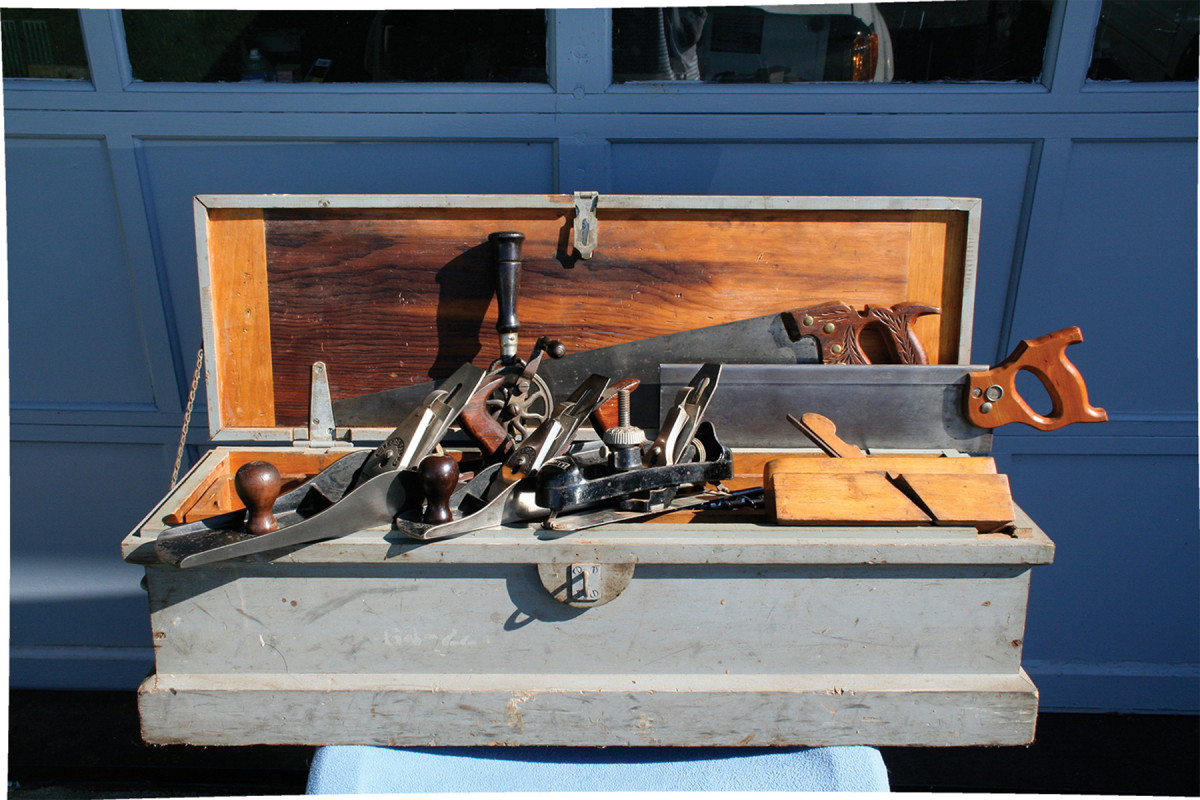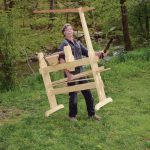We may receive a commission when you use our affiliate links. However, this does not impact our recommendations.

Christmas, 1956. I was a little fella, and my seeing the Tonka Hi-Way series display in the W.T. Grant store months earlier had captured my entire attention.
In my letter to Santa, I asked for the Tonka set. What I didn’t know was that my folks had already put the set in layaway at Grant.
After I’d settled down some with my bright orange Tonkas, I noticed a little box made of red oak with brass hinges and a snap closure on the front.
The aroma of dad’s shop and red oak filled my nose as I opened the box. And inside that box, three tools for dad’s little apprentice – a level, a plumb bob, and a square. Just like dad’s, except sized for my little hands.
 I remember just holding them, as if they were precious metals or jewels, so much so I was hesitant to touch them. Dad explained each tool and what each meant and how they were used.
I remember just holding them, as if they were precious metals or jewels, so much so I was hesitant to touch them. Dad explained each tool and what each meant and how they were used.
April, 1973. My dad died. He was only 55 years old. A master shipbuilder for the U.S. Navy and a master furniture maker no longer graced this world.
I was a junior in college at the time, and my journey was carrying me to a career in health care; what some might think is far from working wood.
When I arrived home on April 5, after spending time with my mom, I went to “our” shop. I turned on the light – dad had been in there late on April 4, fixing something for mom, and I thought maybe, just maybe, something of dad remained.
A cool rain fell outside, and I realized that even the shop appeared different. Maybe I just felt lost, until I walked to dad’s bench.
On the benchtop were the large versions of the tools I’d received on Christmas Day 1956, plus one more – the compass. I completely lost any composure I had, and I just wept.
And then, I heard dad’s voice from across time, as he’d said many years before, the real meaning and use of these tools: “Use these tools to help the less fortunate.”
His reminding me to “measure thrice and cut once,” and “pay attention to everything,” were just as clear as when he first told me such things.
All these years later, making tools each day in my shop is my reminder of what I was taught about focus, commitment and desire – and of Tonka trucks (which I still have).
My shop drips with tool history, including my dad’s “apprenticeship Navy Gray” tool chest he made in the summer of 1941 as an apprentice ship’s joiner for the U.S. Navy and inside it, all the tools he used.
As I was taking photos of dad’s chest for this essay, I found a small compass at the bottom – a Starrett #85 compass, with a pencil attached by my father decades ago. A bit of cleaning revealed his initials – “J.A.D.”
I’ve never found the little toolbox I received in 1956. But the real gifts dad gave me weren’t in that little box anyway. Those little tools only represented the true sacred nature of things, and I believe that’s exactly what my dad wanted me to know. And after serving the sick and broken, and then teaching such things for 40 years, I realized two things: 1) I had used the tools to serve the less fortunate; and 2) I’m now able to make such tools.
Thing is, though, legacy is not just the tools I have that belonged to my dad. It’s far deeper. It’s about those skills I’ve learned and developed in my own journey. Like my dad often said: “Tools make a master not; skills, strength of heart and focus do.”
Joe, who lives in Lebanon, Va., is owner of DiPietro Toolworks and is the former director of
Cardiopulmonary Sciences at Southwest Virginia Community College.
Here are some supplies and tools we find essential in our everyday work around the shop. We may receive a commission from sales referred by our links; however, we have carefully selected these products for their usefulness and quality.








